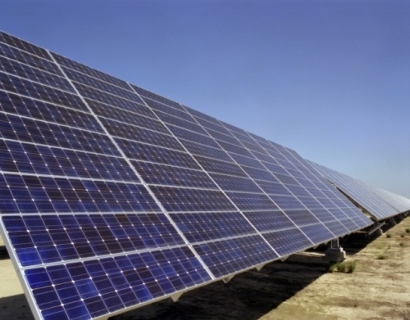
In order to be eligible to net meter, the solar plant has to meet the following requirements:
An eligible customer for net metering should not be licensed to distribute electricity to the same project. This requirement aims to prevent the distribution companies from benefiting from the net metering scheme, since such system aims to encourage the use of solar energy by consumers not distribution companies. For instance, a distribution company which distributes electricity to a residential compound cannot install a solar plant to benefit from the net metering's system.
The Decree provided that the total installed capacity for solar plants connected to the network of one distribution company under the net metering scheme cannot not exceed 1.5% from the maximum load of such company registered on the meter during the fiscal year preceding to the contract.
The aggregate capacity of installing solar plants under the net metering scheme across the country shall not exceed 300 MW. At the issuance date of the Decree, there were only 75 MW already licensed by EgyptERA. The remaining 225 MW which are available under the net metering system, are divided into the following: a. 125 MW for capacity less or equal to 500 KW. b. 100 MW for capacity more than 500 KW and up to 20 MW.
Payment for excess generated capacity shall be made on annual basis, after setting-off the consumer's consumption at the end of June of each year. Payment shall be calculated according to the recent purchase price (piasters/KWh) contracted between the Egyptian Electricity Transmission Company (EETC) and a solar energy's producer.
EgyptERA shall determine a balancing charge to be paid by the customer as a cost for combining renewable energy into the grid according to its voltage. Such charge shall be reviewed and amended by EgyptERA on regular basis.
For more information visit Riad & Riad

